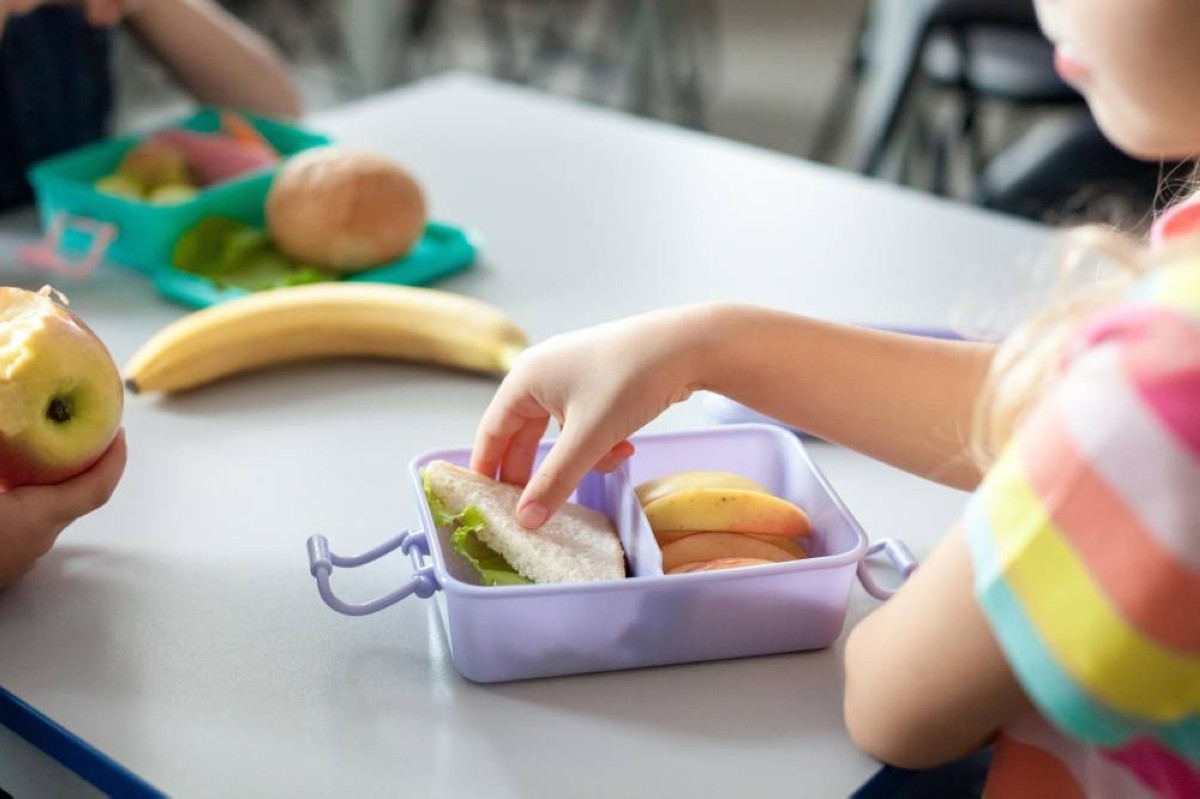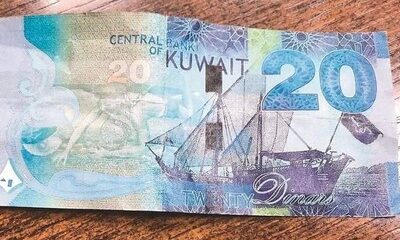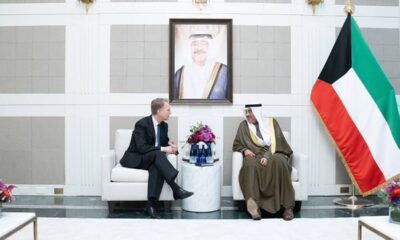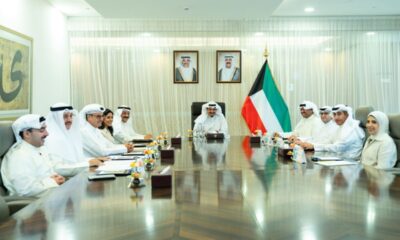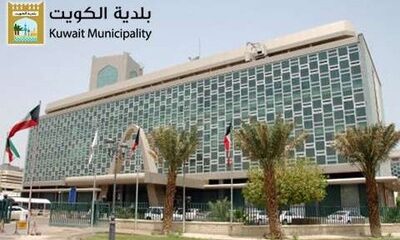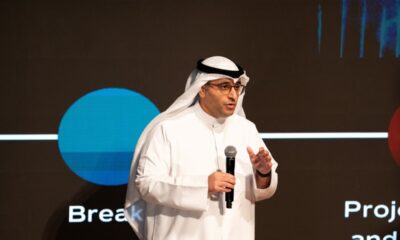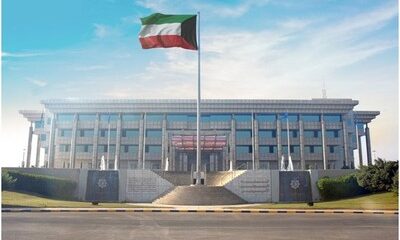KUWAIT: With each new school year, the “marathon of preparing lunchboxes,” as Ola Hamed, a 36-year-old working mother of two, calls it, kicks off in full swing. “The first weeks, I promise myself to create the perfect lunchbox every day,” said the Egyptian mother. But by mid-year, the promise fades, replaced with one simple hope, that her boys, now in grades four and seven, eat something — anything — to keep them going. For Hamed, the process is more mentally exhausting than physical, requiring constant communication and trial and error. Her most frustrating moments come when they return home with their lunches untouched, triggering a wave of questions: Did they stop liking this food? Was it too repetitive? Did I fail in preparing it?
Instead of guessing in silence, Hamed has created a weekly ritual she calls the “lunchbox meeting.” Every Saturday, she sits with her sons to review what food choices worked and what didn’t. She even takes them grocery shopping before school starts, letting them pick their own items while steering them toward healthier swaps. “My parents never asked us about the lunchbox, that’s why I try to make my kids feel involved,” she said.
For some mothers, the daily lunchbox routine is far less complicated. Indian housewife Sadaf Shakir has been preparing them for nearly 15 years and says she has never grown tired of it. The reason she explained is that her children aren’t picky eaters. “They eat everything happily. If they weren’t finishing their lunch, maybe I would have stopped long ago. But because they enjoy it, I enjoy making it.”
The only thing she admitted that her children dislike is strong-smelling food, like tuna, fish, or kebabs. “They feel awkward opening the lunchbox in front of their friends. So I stick to foods that are odorless, or mild, like omelette sandwiches, cheese, or even frozen chicken burgers that don’t smell much,” she added. Their flexibility motivates her to go the extra mile, often baking the food herself — French toast, muffins, or pancakes, all made fresh at home. At one point, she was even preparing lunchboxes for five children at once. “It only takes me about half an hour,” she said. “Alhamdulillah, after so many years, I’ve become fast.”
In Turkish culture, explained Gunes Ekin Kaya, 39, it’s common for mothers to pack leftovers from dinner into lunchboxes. “It’s about convenience. Housewives might prepare elaborate lunchboxes to impress the teachers but working mothers like me keep it simple. Still, breakfast is sacred in Turkey — without it, the day isn’t complete.” With a daughter just four and a half years old, who only has one snack break at school, Rachel keeps things minimal. She often relies on frozen Turkish foods like borek or meatballs, quickly cooked in the air fryer, paired with milk, yogurt, or fruits such as apples and blueberries.
Sometimes, leftover salad from dinner goes in too. For her, the priority is knowing exactly what her daughter eats. “I prefer preparing the lunchbox myself rather than relying on nurseries that provide meals. It’s not about being creative with funny faces on the plate — she’s not a picky eater, she eats everything.” For Ammu Rachel John, another Indian mother, the struggle is less about food and more about time. Her workday starts at 6:30 a.m., so her helper handles most of the cooking. Breakfast might be dosa, idli, or pancakes, while lunch is always built around rice.
“Rice is non-negotiable — it has to be there,” she said with a smile. Her focus is practicality. “It’s about what’s quick, and what they’ll actually eat.” Hamed, however, tries to strike a balance between nutrition and flexibility. Grapes, apples, and yogurt are staples, often paired with something sweet and filling — maybe a croissant, a slice of cake, or on rare occasions, a “cheat meal” like a burger or nuggets. “Juice is a must,” she said. “Croissants, cupcakes, or juice may not be the healthiest, but I add them so the lunchbox doesn’t feel depressing.”
The Saturday meetings also give her insights she never expected. Her sons once announced they no longer wanted the edges of toast. She switched the bread. Another time, they begged for chips because their friends had them. The compromise: a small handful, not a bag. “Sometimes their requests surprise me,” she said, recalling the day they asked for Activia milk. “I had no idea they even knew what it was. But we added it in.” And so the marathon continues, one mother adjusting, another enjoying, each weaving culture, convenience, and love into the daily ritual of a small plastic box.


